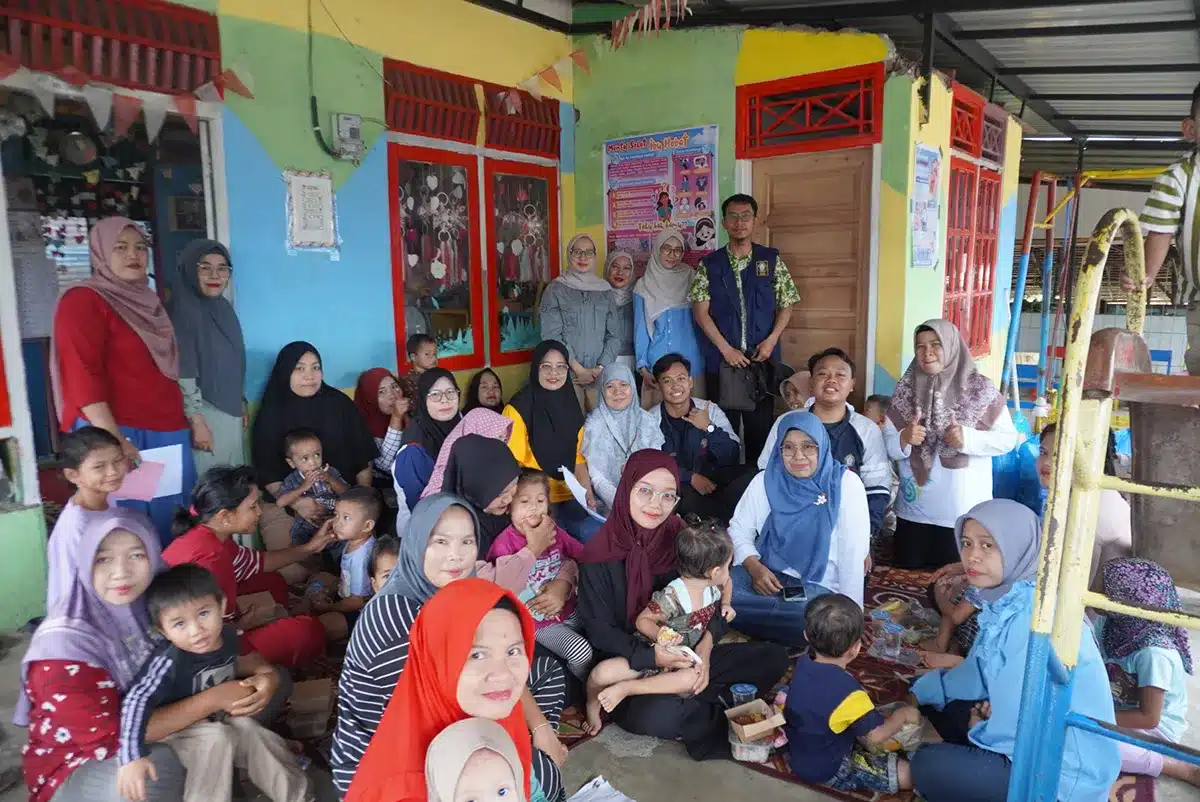SEMARANG — Faculty of Law, Diponegoro University (UNDIP) had the opportunity of study visit from the School of Law Taylor’s University (SLTU) Malaysia with Dr. Vijayalakshmi Venugopal, LL.B., LL.M. as representative. On this occasion, Dr. Vijayalakshmi is being a guest lecturer on the topic of copyright in digital platforms.
The event which was hosted by lecturer of Undip Faculty of Law, Rahandy Rizky Prananda S.H., M.H, and followed by Undip law students, raised the theme “Copyrights Issue in Digital Platform”. This event was held via Zoom, on Wednesday (8/9/2021). In her presentation, Dr. Vijayalakshmi revealed that intellectual property rights are not as old as contract law, but its position is very prominent. It happened because there is a lot of money involved in the idea.
According to her, the law should respond and make ideas as intellectual property rights as well. The law must pay attention to and protect the rights of the owner of the idea if it is used commercially.
Vijayalakshmi gave an example of the “Pet Rock” phenomenon, which is a toy collection of fine stones from Mexico’s Rosarito Beach that is marketed like a live pet, in a custom cardboard box, completed with a straw and a breathing hole. The creation, designed by advertising executive Gary Dahl, is now generating millions of dollars in deals, so many people are benefiting from the idea.
The Pet Rock business has also grown, even to the point of emerging derivative businesses such as a guide on how to take care of these “pets”. There is even a certificate as proof of the validity of the ownership.
Facing the fast-paced digital phenomenon, Dr. Vijayalakshmi gave some suggestions to creators. First, before uploading an idea that has commercial prospects, creators must understand the copyright rules in the country where the creators are located. Consider the appropriateness first.
The second suggestion is to register the copyright of a work before it is uploaded in the digital space. Copyright registration will be proof of who owns the rights to the works. “Even if you don’t register it, at least keep a good record. If one day you want to sue someone who steals your work, the challenger will certainly ask for proof,” she explained.
The third thing that is recommended is to declare ownership in the work, for example with a watermark. According to her, this is also important because if there are users who want to negotiate regarding licenses, they can find it easier.
“You can make it obvious and show seriousness to notice that you are the owner of the work. However, it could give impact to the creation to seem less attractive to be used because people usually choose clean images without watermarks,” she said.
She further revealed that if someone cares about his work, it is advisable to monitor how the work is used. Although there is no guarantee that everything can be monitored because the movement in the digital world is very fast, at least this effort can be a protection for copyright.
She reminded the creators and users of the work to understand and determine which position they should take regarding copyright. “When you understand the risks involved, you will be able to choose how to handle the things that will be faced in the future,” she concluded. (PR team).
Translated by: Titis (Public Relations)








